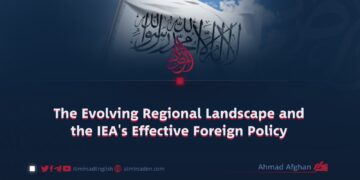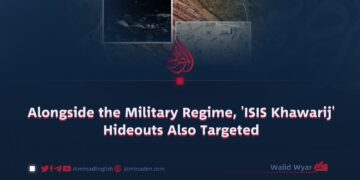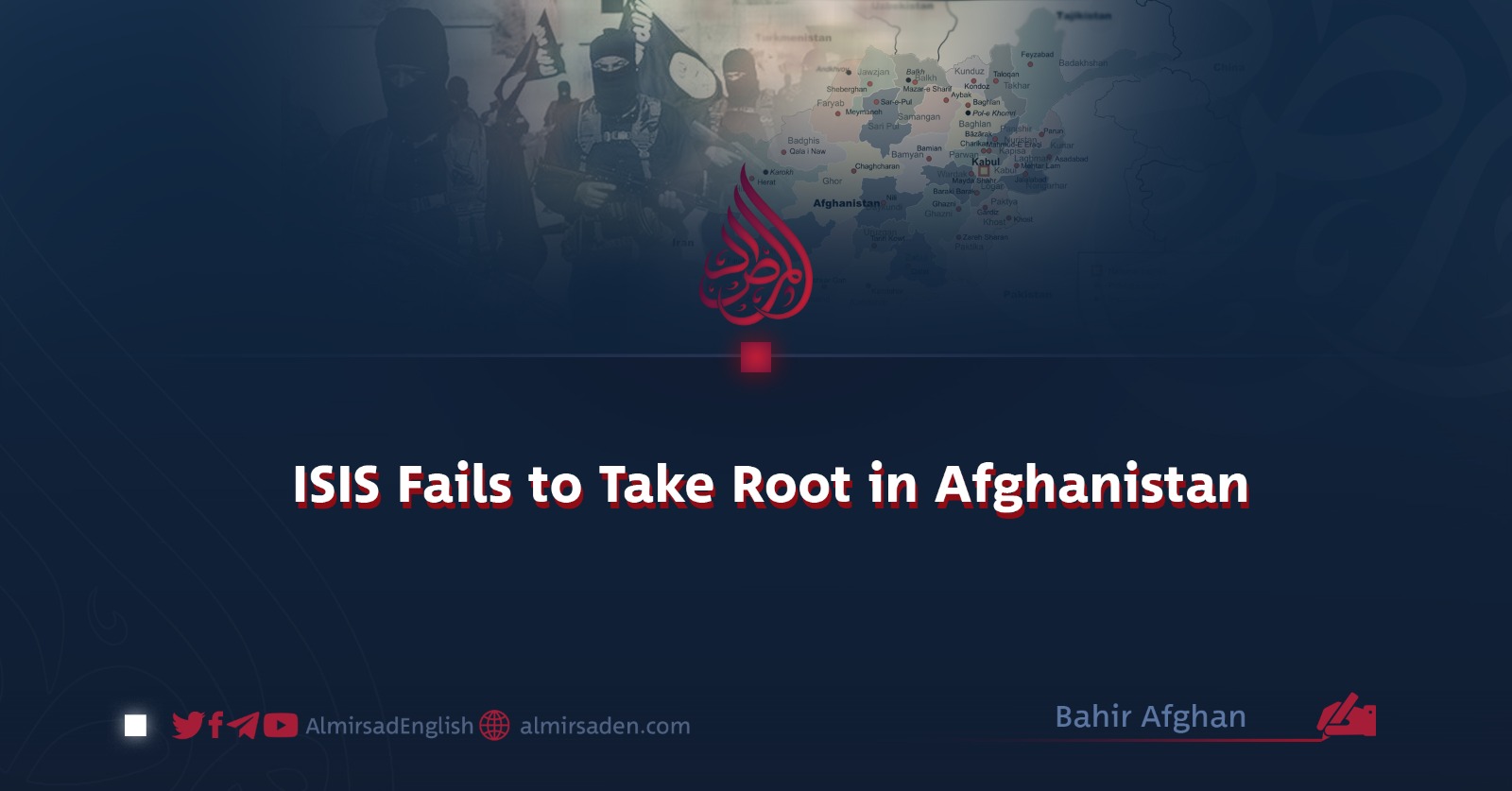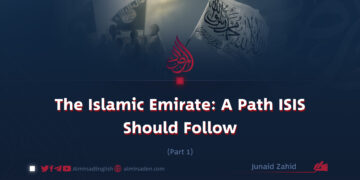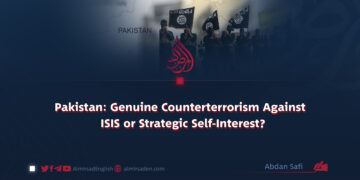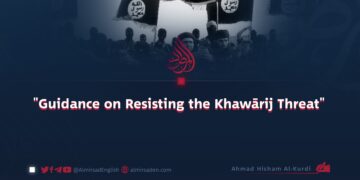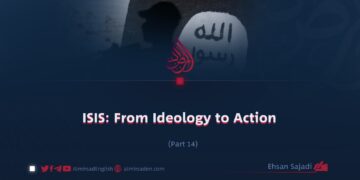Written by: Bahir Afghan
In today’s world, extremist groups such as ISIS present a threat to Islamic nations, particularly to the Islamic Emirate of Afghanistan. This group, striving to establish a self-proclaimed caliphate based on its unique interpretation of Islam, seeks to legitimize itself through violence and terrorism across various regions.
Afghanistan, which has been plagued by crises in recent years, has experienced widespread ISIS activities. However, assessments of the current situation and statements from senior officials of the Islamic Emirate suggest that ISIS lacks a foundation among the people and government of Afghanistan, with the group’s decline becoming apparent.
Anas Haqqani, a senior member of the Islamic Emirate, recently expressed in an interview with Al Arabiya that ISIS holds no influence within the Islamic Emirate and its ideology has not impacted any members of the Emirate.
His remarks not only highlight the Islamic Emirate’s success against ISIS but also demonstrate the leadership’s wisdom and commitment. The Emirate’s members understand that ISIS’s presence in Afghanistan only increases instability and insecurity, providing no religious or national benefit to the country or its people.
Furthermore, these statements demonstrate that the Taliban, as Afghanistan’s rulers, have distanced themselves from extremist ideologies like ISIS and are striving to consolidate their rule and establish security in the country. Consequently, ISIS, as a foreign and opposing entity, cannot find a foothold within Afghanistan’s governmental framework under Taliban rule.
Obstacles to ISIS’s Influence in Afghanistan:
In contrast to other nations, Afghanistan presents significant challenges to ISIS’s penetration among its population.
Reasons for These Obstacles:
1. Rich Religious and Cultural Heritage:
Afghanistan’s deep-rooted religious and cultural traditions, combined with its extensive experience in unique social and political transformations, render it resilient against extremist and violent ideologies. The Afghan people, for the most part, do not align themselves with extremist groups and have learned from their past experiences to resist foreign and terrorist entities.
2. Lack of Social Legitimacy:
Although ISIS has made efforts to establish a presence in certain areas, it has been unsuccessful in gaining social legitimacy or public support. Most of its activities in Afghanistan have been limited to suicide bombings and minor operations, which have frequently failed or been promptly countered.
This underscores that ISIS not only lacks internal support but also struggles to pose a sustained or widespread threat to the leadership of the Islamic Emirate.
A Key Factor in ISIS’s Swift Decline:
One of the primary reasons behind ISIS’s rapid decline has been the actions taken by the Islamic Emirate against the group.
The Islamic Emirate has consistently conducted military and security operations against ISIS in various regions. These operations have significantly diminished ISIS’s operational capabilities and disrupted its active networks. Furthermore, the Emirate has suppressed and, in numerous cases, eliminated ISIS activities through effective governance and power management within the nation.
This indicates that ISIS currently not only lacks influence within Afghanistan’s governmental structure but also that its threats have been greatly reduced, making the group’s future in Afghanistan appear bleak.
Conclusion:
It can be deduced that ISIS lacks deep roots in Afghanistan and is merely a temporary threat. Due to the absence of public support and the security measures implemented by the Taliban, ISIS is in decline. While the group has sporadically managed to carry out terrorist attacks, it lacks the social legitimacy and public endorsement required for sustainability in Afghanistan.
Through its prudent decisions and security strategies, the Islamic Emirate has not only countered ISIS but is also committed to establishing stability in the nation. It seems that in the foreseeable future, ISIS will be entirely eradicated from Afghanistan’s political and security landscape.















